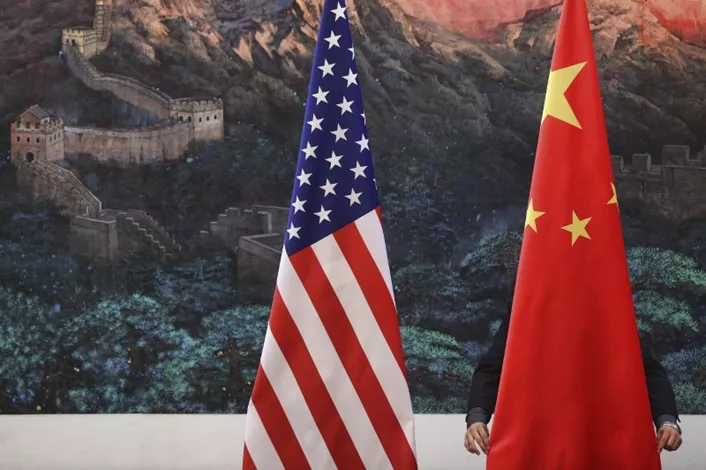President Donald Trump has promised that his high tariffs will bring a wave of foreign investment to the U.S. economy. But many state and local officials working to attract that investment say they’re not seeing the results yet.
Instead of a surge in investment, some economic development leaders say that uncertainty from trade tensions is actually making foreign companies more cautious. That uncertainty is slowing down decisions and holding back the kinds of big investments Trump hoped to see.
“It’s like driving in the fog,” said Lee Lilley, North Carolina’s Commerce Secretary, during a major investment event in Washington, D.C. “You slow down, and sometimes you pull over completely. That’s where we are right now.”
Tariff Hopes vs. On-the-Ground Reality
The Trump administration has promoted its tariff policies as a way to bring jobs and factories back to the U.S. It has released a list of multi-billion-dollar investment announcements, claiming they prove the strategy is working.
“There’s never been anything like what’s happening now,” Trump said during a visit to the Middle East, where he praised new foreign deals and claimed the U.S. was on track to receive $12 trillion in investment since he took office.
But not all of these announcements are new. Some were in progress before the tariffs. Others combine old and new investments to create larger figures. Economic officials say it’s not as simple as making a big announcement and seeing immediate results.
“These decisions take years,” said Barbara Coffee, an economic development director in Tucson, Arizona. “Companies study locations carefully before building new factories. It’s not something that happens quickly.”
Big Announcements, but Uncertain Impact
Some companies have made splashy statements. Apple announced $500 billion in U.S. investments, including new buildings and expansions in several states. But reports suggest much of that spending was already planned.
White House officials argue the policies are laying the foundation for future growth. They point to strong numbers from early 2025 showing a 22% rise in domestic investment — though that was before the steepest tariffs took effect.
Still, economic experts note that many company plans are unclear or could change. Since 1995, businesses have even been encouraged to include disclaimers on announcements to reflect that reality.
Automakers Shift Production, But Jobs Decline
The White House has pointed to the auto industry as proof of success. Companies like Honda recently announced plans to shift some production from Canada to the U.S. due to the new tariffs.
But the full picture is more complicated. While production may be shifting, auto manufacturing jobs in the U.S. have actually dropped. Government data shows a 20.8% decline in auto jobs since 2024, with a 4.7% drop just between March and April 2025.
Meanwhile, other industries are also pausing investment plans. Pharmaceutical giant Roche pledged to invest $50 billion in the U.S., but said it may scale back if new drug price rules make it harder to do business.
Lawmakers Worry About Long-Term Effects
Even Republican lawmakers are expressing concern. Senator Ron Johnson of Wisconsin said many businesses in his state are putting investments on hold because they’re unsure what’s coming next.
“What I’m hearing is, investment is frozen,” Johnson said at a recent event. “Companies want stability. Right now, they don’t have it.”
Despite the uncertainty, some local officials remain hopeful. They say foreign investors are still interested in the U.S., but are waiting for clearer signs before making big moves.
“There’s interest,” said one state official. “But no one wants to rush in when the rules keep changing.”
Read more:


